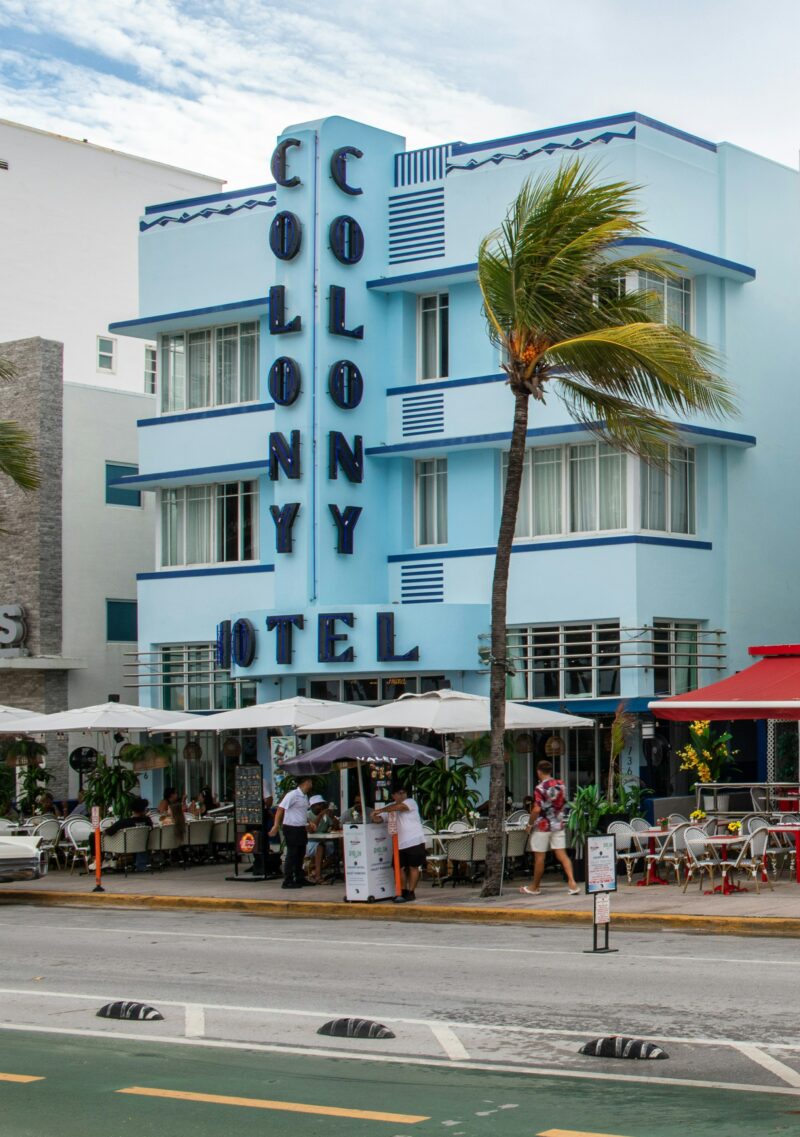When the latest State of Distribution report landed earlier this year, it did more than summarize industry trends—it offered a rare panoramic view of how hotel commercial teams are evolving in real time. Built in collaboration with RateGain, HEDNA, and the NYU SPS Jonathan M. Tisch Center of Hospitality, the 2025 edition is grounded in responses from more than 700 hotel brands across 310 cities, representing 21,000 properties worldwide.
The scope was ambitious, but the goal was straightforward: to give hoteliers a benchmark for where their peers are investing, what challenges they are facing, and how distribution sits at the crossroads of marketing and revenue management. The resulting portrait is both sobering and energizing.
The data revealed that four out of five hotels still lose up to two full workdays each week compiling manual reports—a reminder that even after years of digital adoption, many processes remain stubbornly analog. Distribution teams are shrinking, even as API complexity and rate parity issues multiply. Meanwhile, integration, ROI, and data governance are emerging as the top drivers of technology investment, leaving artificial intelligence at the bottom of the list.
For many readers, those findings confirmed what they already suspected. But for Abhijit Patel, Vice President of Distribution at Choice Hotels, the story is not so black-and-white.
I don’t necessarily think AI is low on the list,
Patel said. It isn’t a separate tool—it’s embedded in everything from pricing to smart distribution. At Choice, AI is high on the list when it comes to evaluating and improving our products.
Patel’s interpretation reframes what the numbers suggest. Where the report sees AI lagging as a stated priority, Patel sees it already working behind the scenes, infused into the tools hoteliers depend on daily. In his view, the issue isn’t whether hotels are using AI—it’s whether employees are equipped to make the most of it.
That insight dovetails with one of the report’s broader conclusions: hotels are increasingly investing in people, not just platforms. Marketing and revenue teams are expanding and enjoying larger training budgets, while distribution departments often face budget freezes or even cuts. For Patel, this uneven investment underscores the need to bring associates along on the AI journey.
The bigger challenge is bringing our associates up to speed on what AI can and cannot do
, he explained. Some are using it just to improve communication. Others are creating more advanced agents in generative AI platforms. The key is helping people focus on the pieces that matter most for their work.
Patel doesn’t expect distribution teams to grow significantly in size. Instead, he anticipates automation will gradually absorb the repetitive tasks—rate loading, parity policing, data stitching—that consume so much time today. This mirrors the report’s finding that hotels across all categories are eager to reduce manual effort in precisely those areas.
Reporting is a prime example. The report noted that fewer than 15 percent of hotels operate with a fully automated reporting stack, leaving the majority to spend valuable hours copying and pasting data. Patel acknowledged this challenge, but described how Choice Hotels is already moving toward a more integrated approach.
We’re moving beyond just revenue management or distribution reports
, he said. Our focus is on commercial performance at a higher level, with the ability to drill down as needed. But yes, at the property level, manual reporting remains a challenge.
It is this shift—from siloed reporting to holistic commercial performance—that Patel believes will define the next stage of distribution’s evolution. Instead of treating distribution, revenue, and marketing as separate pillars, the most forward-looking hotel companies are beginning to evaluate their commercial health as one cohesive system.
When it comes to shrinking distribution teams, Patel doesn’t deny the strain. But he also sees opportunity.
Distribution has become more universal—partners, affiliates, and APIs are multiplying
, he noted. That complexity requires not only better tools, but also upskilled talent. We want our teams to focus less on repetitive tasks and more on solving the big-picture problems.
It’s a vision that treats distribution not as a back-office function, but as a strategic asset. Yes, the mechanics of parity checks and API management may grow more complicated. But with the right balance of automation and training, Patel believes teams can redirect their energy toward shaping strategy, strengthening partnerships, and unlocking new revenue opportunities.
In many ways, Patel’s perspective brings the report’s findings to life. The State of Distribution 2025 highlights the industry’s structural challenges—manual reporting, shrinking teams, low investment in AI—but also points to a deeper truth: hoteliers are actively rethinking their commercial playbooks. Patel embodies that shift. He acknowledges the pain points, but frames them as opportunities to modernize, to retrain, and to use technology as a multiplier of human talent rather than a replacement.
The lesson is clear. AI may grab headlines, but the real story is integration, governance, and people. Hotels that invest in these foundations today will be the ones prepared to seize the full promise of AI tomorrow. And as Patel reminds us, the point is not simply to add tools—it is to make sure the tools, and the teams behind them, are ready to tackle the big-picture problems that will shape hospitality’s future.
About RateGain
RateGain Travel Technologies Limited is a global provider of AI-powered SaaS solutions for travel and hospitality that works with 3,200+ customers and 700+ partners in 100+ countries helping them accelerate revenue generation through acquisition, retention, and wallet share expansion. RateGain today is one of the world’s largest processors of electronic transactions, price points, and travel intent data helping revenue management, distribution and marketing teams across hotels, airlines, meta-search companies, package providers, car rentals, travel management companies, cruises and ferries drive better outcomes for their business. Founded in 2004 and headquartered in India, today RateGain works with 26 of the Top 30 Hotel Chains, 25 of the Top 30 Online Travel Agents, 3 of the Top 4 Airlines, and all the top car rentals, including 16 Global Fortune 500 companies in unlocking new revenue every day. For more information, please visit www.rategain.com.
RateGain PR
+91 120 4246781







